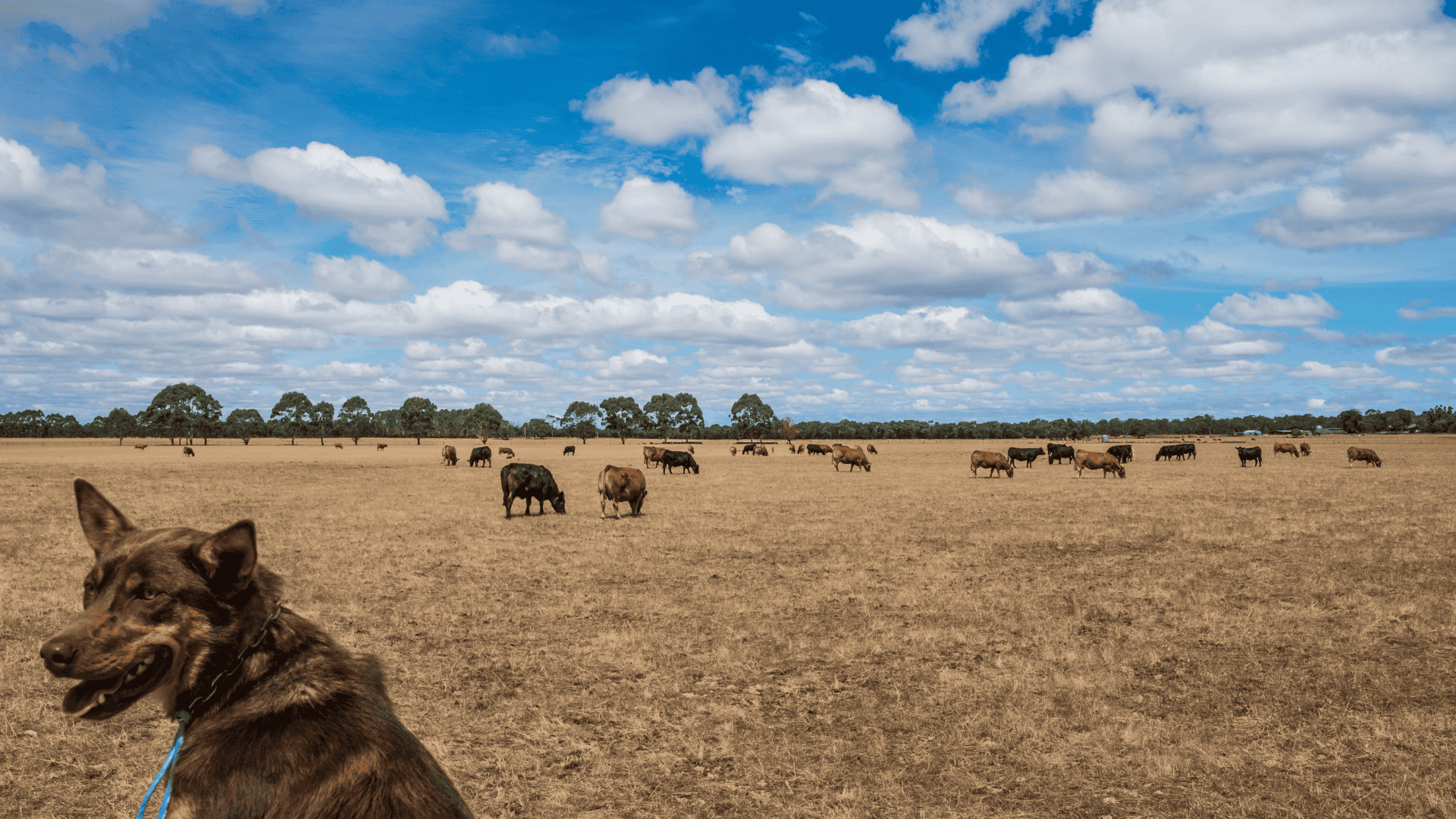Australia ag commodity prices and the Australian dollar
The higher Australian dollar has prompted questions about the likely impact on local extensive agricultural commodity prices. Mecardo has covered...

The past few years, more than most, have reminded us that very little is reliably predictable. Certainly not the weather, nor livestock markets and nothing in international politics.
Regardless of seasons or on-farm activities, some things happen on set dates - vehicle registrations, wedding anniversaries and BAS due dates roll around with highly predictable frequency, however it is amazing how easily they are forgotten. Sometimes with disastrous results.
Establishing a perpetual calendar can help keep important dates front of mind. Perpetual calendar systems don’t have on days of the week, just months and dates. They allow us to set reminders for things that occur on the same dates year on year. There is great value in setting up a perpetually calendar, either on its own or as a prompt for another diary or planning system. Digital tools in online and computer-based calendars allow entries to be repeated.
If you are new to perpetually planning, here are some things to consider including:
Enter birthdays and important anniversaries. If you have community events that you are involved with and want to avoid double booking, enter these in too.
Add in due dates for superannuation payments and the BAS, annual reviews with accountants, bank managers, or financial advisors. Enter in the date you need to get information for tax returns to the accountant, or when you need to do your pre-tax planning. The annual renewal date for your insurance is also worth noting.
Enter key sale dates, stud sale dates, show dates. From an operational perspective you may also like to set the date to make a phone call to book or confirm contractors for animal health tasks like preg testing, shearing and crutching. Have a think about linking related tasks on the same date, for example ordering tags when preg testing or scanning is done, shearing supplies can be organised the day you book the shearers. I worm my dogs on the start of a new financial quarter.
Talk to your suppliers about the best trigger dates for ordering inputs and consider crop insurance requirements. Identifying recurrent maintenance tasks for key machinery items and setting aside time for these can also be valuable.
Vehicle registrations are state based. Depending on the state you are in you may have a better or worse system of annual renewals and inspections. Regardless of where you are, noting down the annual renewal date for registered vehicles and machinery is a good idea.
If you are a visual and tactile person you may prefer to work with a handwritten calendar. If you are working with a team, or prefer your phone or computer, a digital solution may work best. Digital calendars and task lists allow us to set some tasks as recurring on a set frequency, generally weekly, monthly, quarterly or annually. Your existing farm management program, such as Mobble, AgriWebb or FarmSimple, may also have the option of setting recurring tasks.
Exploring the functionality you already have with the products you are already familiar with is often the best place to start.
There are huge benefits in doing this as a team or farming family, and sometimes it’s a great way to get the reluctant planners around the table.
If your team is you and the dog, make sure you let them know what you have done. I am sure they will be very impressed.
.png)
The higher Australian dollar has prompted questions about the likely impact on local extensive agricultural commodity prices. Mecardo has covered...

Last week, StoneX released its H1 2026 Australian Cattle & Beef Market Outlook report, which covers all key production forecasts for the beef...

Greasy wool prices have increased markedly this season, in the absence of any substantial improvement in macroeconomic indicators or major apparel...